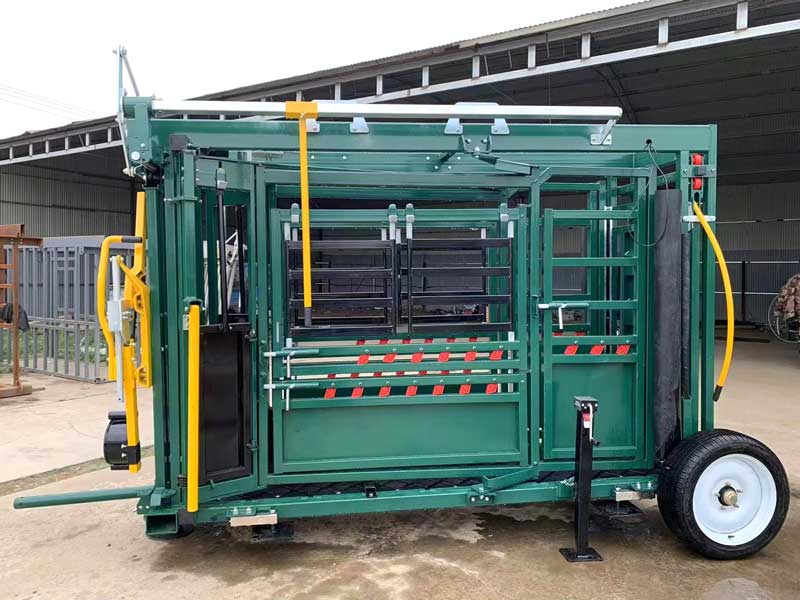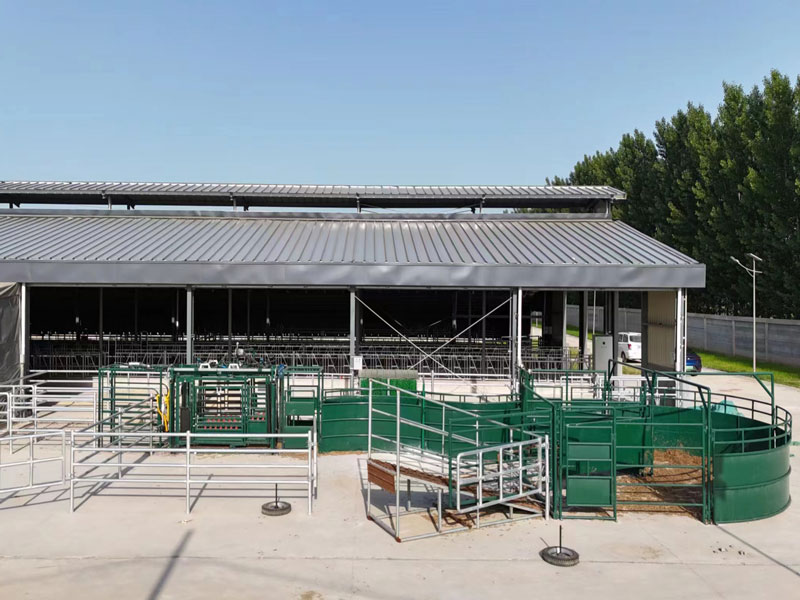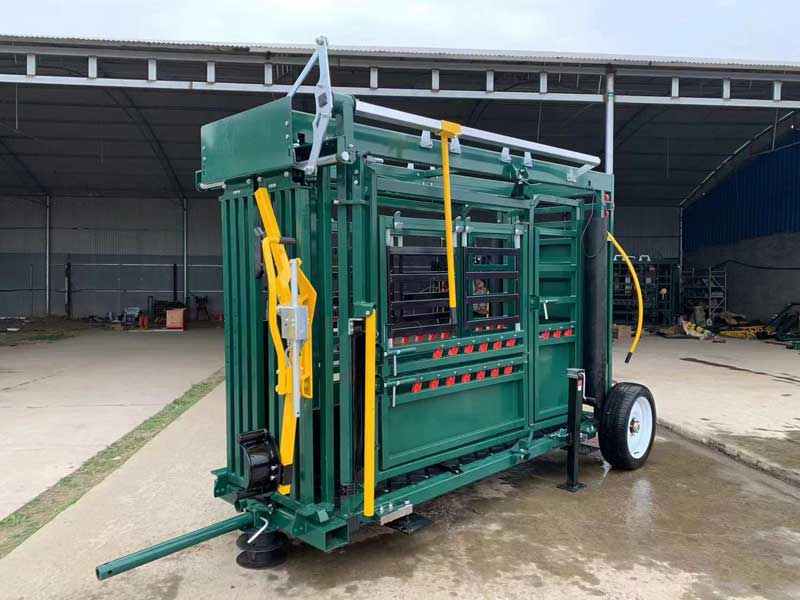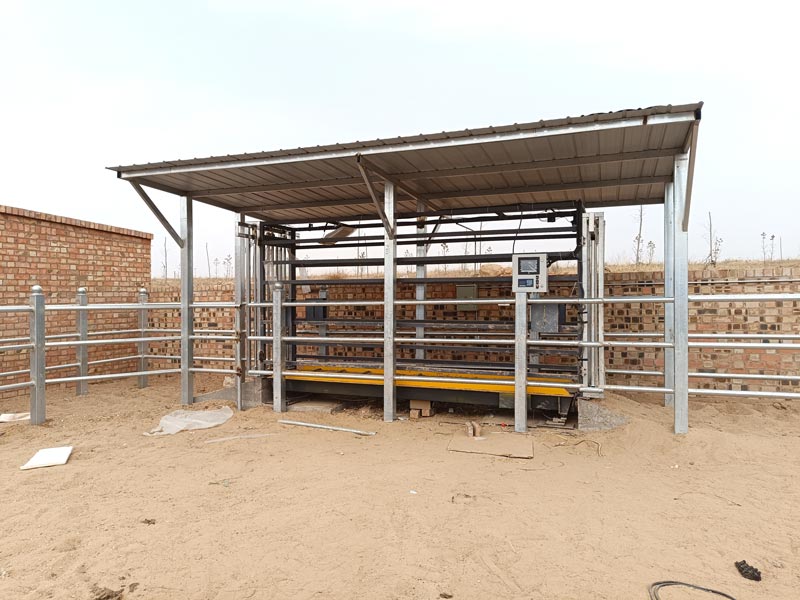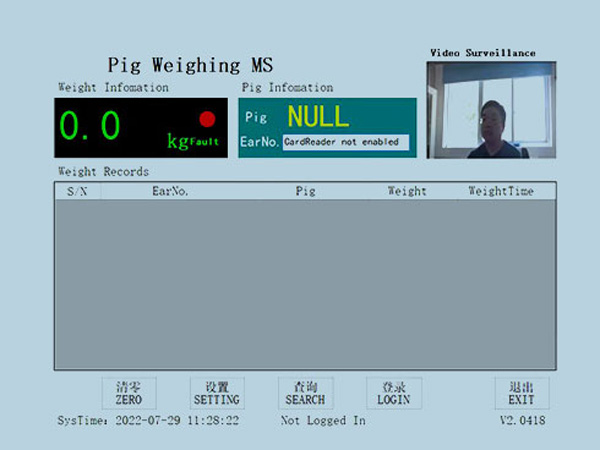The benefits of a cattle weighing and EID system
Why Weigh?
A comprehensive livestock health program relevant for location, operation type and size is critical to minimizing the risk of disease and death for livestock on any operation and for maintaining profitability.
“Regular animal weighing is a highly effective early warning system for potential health concerns.”
The financial and emotional impact of livestock health issues can be huge if not caught and treated early. A comprehensive livestock health program relevant for location, operation type and size is critical to minimizing the risk of disease and death for livestock on any operation and for maintaining profitability.
Early Warning
Regular animal weighing is a highly effective early warning system for potential health concerns. If all other factors (eg: feed) remain consistent, weight loss can be a strong indicator of impending problems.
Including a regular weighing programme as part of the farming operation enables possible condition issues to be picked up much quicker and more accurately than the traditional visual checks. For example, some animals are more susceptible to certain parasites than others and through regular weighing this can often be picked up and those animals treated specifically, outside of whole herd/flock treatments.
Timely management of sick stock minimises recovery costs and time as well as the lost revenue (milk not in the vat, or dry stock missing weight targets).
Better Decision Making
Aside from using weighing information to monitor weight loss, a proactive program can assist with many other aspects of herd performance management for example:
Sale or Slaughter decisions – being able to select animals for sale or slaughter based on current weight and average daily weight gains
Feeding program impact – determine success of different feeding programs; also enables selection of stock for preferential feeding (i.e. achieve premium meat prices based on works target weight ranges)
Breeding plan outcomes – select preferred genetics based on weight gain performance
Mating preparation - ensure stock are at the optimum weight range recommended for improved reproductive success. Once pregnant, maintaining livestock health also shows positive results in reducing abortion rates and improving birthing ease and recovery rates post birth.
Electronic Identification – cost or investment?
With the ever increasing global population, safe guarding agricultural outputs everywhere is becoming more critical to our ability to continue to feed the world. As a result many governments have already or are in the process of implementing mandatory traceability procedures using Electronic Identification Tags for each individual animal.
While there is inevitable cost for producers to comply with these requirements, producers are finding ways to turn this compulsory cost into an investment. Beyond pure compliance these tags enable farm owners to manage their herds down to an individual stock unit level by significantly reducing the labor requirements over conventional manual recording techniques.
Combine Electronic Identification and you will:
Reduce time and effort in the yard – system reads fast and efficiently, automatically matching weights to animal ID numbers
Improve accuracy – removes human error and prevents incomplete & inaccurate records
Improved access to animal information – review full weight history for individual animals, mobs or whole herd
Immediate in-yard information & decision marking – display weight performance progress – identify poor performers right away and treat or allocate to different feeding groups
Accurate health treatments – maximize treatment efficiency and reduce waste
BM cattle scales solutions
View our Weighing and Electronic Identification activity. From easy to use weigh only systems, through handheld devices that provide simple compliance, all the way to fully automated combined weighing and EID setups.


